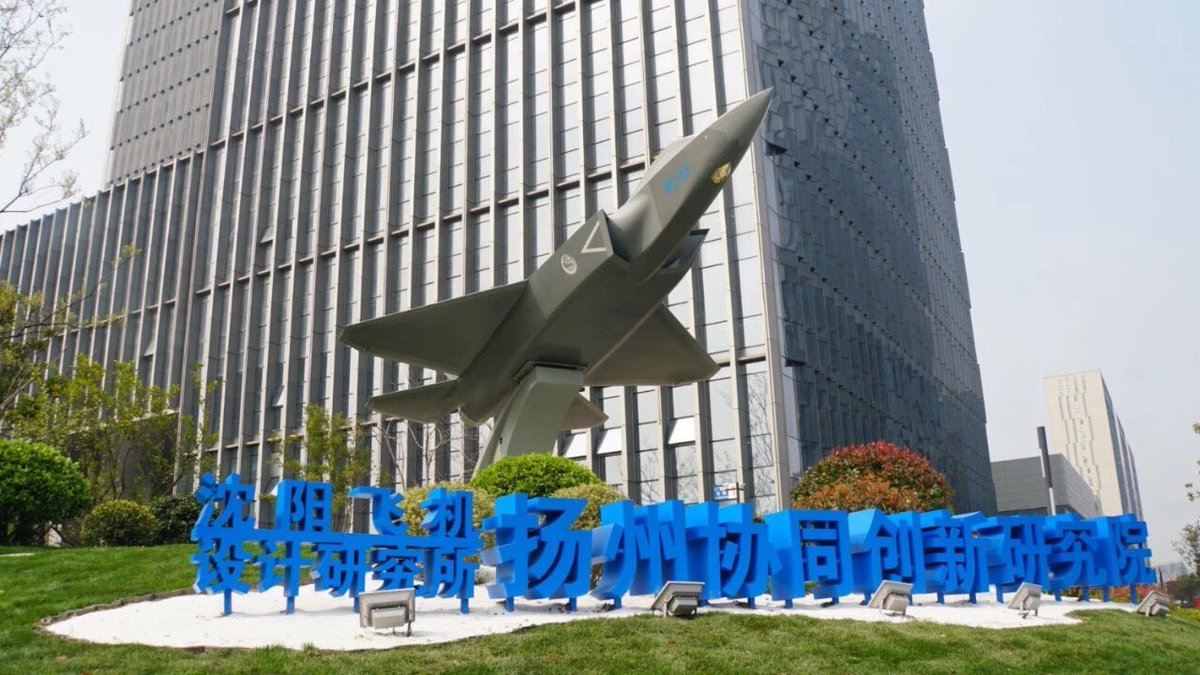BEIJING, March 28 (Xinhua) -- Air China, the country's flag carrier, saw its net profits edge up 1.33 percent in 2018 to 7.34 billion yuan (about 1.1 billion U.S. dollars), according to a company statement.
Operating revenue climbed 12.7 percent to 136.77 billion yuan last year.
The company achieved "relatively good" financial results despite the adverse effect of higher oil prices and a weaker yuan, according to the statement.
Domestic and international travel demand was robust, and the company strengthened cost control, it said.
The airline, now having 669 passenger planes, carried 110 million passengers in 2018, up 8 percent from 2017.
The company said it will continue to upgrade business models, improve services and control costs in 2019, predicting sustained growth in air travel demand and a better business environment.
CHENGDU, March 27 (Xinhua) -- Sichuan Airlines said it will launch a direct flight connecting Chengdu, capital of southwest China's Sichuan Province, and Rome on June 25.
The first regular flight linking the two cities will be operated every Tuesday, Thursday and Saturday, on Airbus A330. The flight will take about 11 hours.
Italy on Saturday signed a memorandum of understanding with China to jointly advance the construction of the Belt and Road Initiative. The two countries will co-hold the culture and tourism year in 2020.
SHANGHAI, March 30 (Xinhua) -- China Eastern Airlines Co., Ltd., one of the country's three largest state-owned airlines, registered revenues of 114.93 billion yuan (17.13 billion U.S. dollars) in 2018, up 12.99 percent year on year, according to a company statement released Friday evening.
The net profits attributable to shareholders was 2.71 billion yuan, down 57.35 percent from the previous year, the Shanghai-based airline said in its annual results for 2018 filed to the Shanghai Stock Exchange.
The company cited rising oil prices and exchange losses caused by exchange rate fluctuations as causes of the decrease.
The airline carried 121.2 million passengers last year, an annual increase of 9.4 percent year on year. By the end of 2018, the airline had a fleet of 692 planes.
BEIJING, April 5 (Xinhua) -- A new A350 full flight simulator has been put into operation in Hua Ou Aviation Training Company in Beijing, according to Airbus China Thursday.
It is a major step taken by Airbus to enhance its training capacity to meet surging demands from Chinese customers, Airbus China said.
Hua Ou Aviation Training Company is a joint venture between Airbus and China Aviation Supplies Holding Company (CAS).
"Hua Ou plays a key role within Airbus China's long term strategy, and the company is part of Airbus global services solutions network," said George Xu, CEO of Airbus China.
Besides this new A350 simulator, Hua Ou training center has three A320 simulators, an A330/A340 simulator, an A350 simulator and an H225 helicopter simulator.
Since its inception in 1997, the training center has provided more than 40,000 aviation professionals from more than 50 airlines worldwide.
To date, there are more than 1,700 Airbus aircraft serving Chinese airlines.







